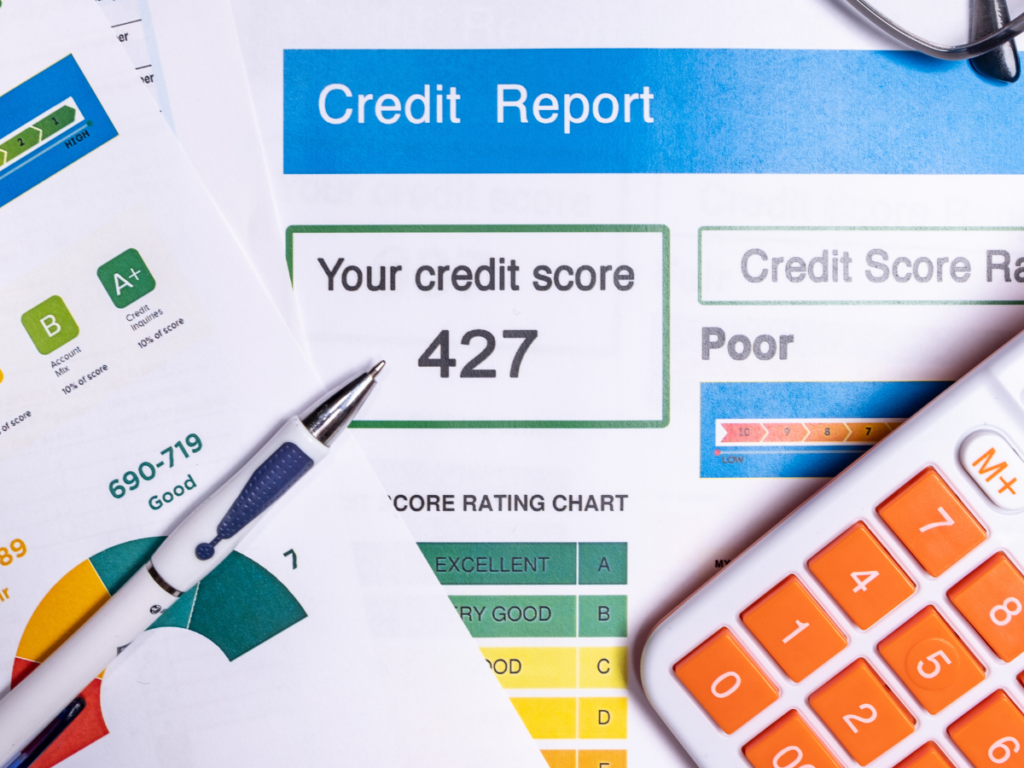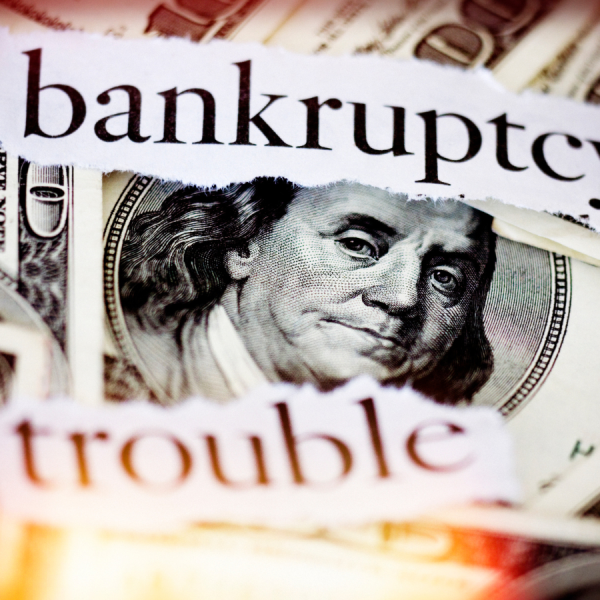Your credit score is a crucial aspect of your financial well-being, influencing your ability to secure loans, mortgages, and credit cards. If your credit has taken a hit, don’t despair. With determination and strategic actions, you can embark on a journey to repair your credit. In this blog post, we’ll explore three effective tips to help you rebuild your credit and pave the way towards financial success.
Tip 1: Obtain and Review Your Credit Reports
The first step in repairing your credit is understanding where you stand. Request a free copy of your credit report from each of the major credit bureaus – Equifax, Experian, and TransUnion. You are entitled to one free report from each bureau annually through AnnualCreditReport.com.
Once you have your reports, carefully review them for any inaccuracies, such as errors in personal information, accounts that don’t belong to you, or outdated negative information. Dispute any discrepancies you find by contacting the credit bureau in writing, providing supporting documentation to back up your claims. Clearing up inaccuracies can have a positive impact on your credit score.
Tip 2: Create a Budget and Establish a Payment Plan
A crucial aspect of repairing credit is demonstrating responsible financial behavior. Start by creating a detailed budget that outlines your monthly income, expenses, and debts. This will help you identify areas where you can cut costs and allocate more funds towards debt repayment.
Develop a payment plan to tackle outstanding debts. Prioritize high-interest debts and focus on making timely payments. Consider negotiating with creditors to establish more manageable payment terms or settle for a reduced amount if necessary. Consistently making on-time payments will reflect positively on your credit report over time.
Tip 3: Diversify and Manage Your Credit Responsibly
Building a positive credit history involves a mix of credit types and responsible credit management. If you don’t have existing credit accounts, consider applying for a secured credit card or a credit-builder loan. These financial products are designed to help individuals establish or rebuild credit.
Once you have credit accounts, use them wisely. Keep credit card balances low, ideally below 30% of the credit limit, and make all payments on time. Avoid opening multiple new credit accounts in a short period, as this can negatively impact your credit score.
Conclusion:
Repairing your credit is a gradual process that requires commitment and discipline. By obtaining and reviewing your credit reports, creating a budget and payment plan, and managing your credit responsibly, you can take significant strides towards improving your credit score. Remember, patience and persistence are key, and the positive changes you make today will contribute to a brighter financial future tomorrow.






Recent Comments